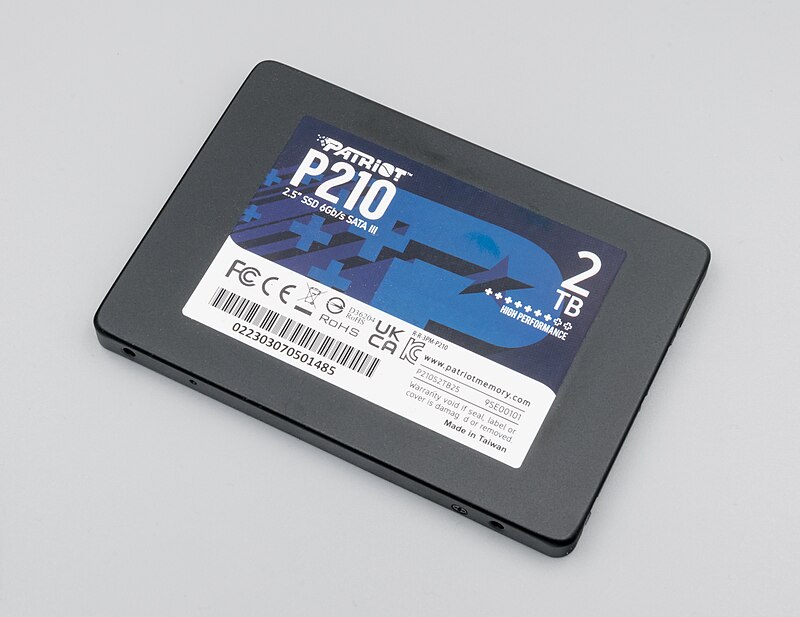In the evolving landscape of education, online schools are increasingly becoming a popular choice. They offer flexible scheduling, a wide array of course options, and personalized learning approaches. To further enhance accessibility and ensure every student has the necessary tools for success, many online institutions now include laptops as part of their enrollment package. This initiative not only levels the playing field but also removes a significant barrier to online education – access to technology.
Understanding the Importance of Technology in Education
Technology plays a pivotal role in modern education. It enhances interactive learning, provides access to vast resources, and facilitates the effective communication between students and instructors. By providing laptops, online schools ensure all students, regardless of their economic background, have the technology needed to participate fully in their educational programs.
Benefits of Laptops in Online Learning
- Increased Accessibility: Students can access course materials and resources anytime and anywhere, which is essential for effective learning.
- Enhanced Student Engagement: With laptops, students can engage in interactive and multimedia content, making learning more engaging and effective.
- Improved Digital Literacy: Regular use of laptops helps students improve their digital skills, which are crucial in today’s digital-focused world.
Top Online Schools Offering Laptops
1. Independence University
Independence University provides a laptop to each student upon enrollment which is theirs to keep after graduation. This program ensures students have zero computer-access related interruptions in their learning process.
2. Full Sail University
Known for its programs in arts and technology, Full Sail offers students a technology package tailored to their specific degree program. This could include laptops loaded with software needed for their course work, facilitating a seamless educational experience.
3. Southern New Hampshire University (SNHU)
SNHU offers selected programs that include a laptop. This initiative supports their goal to enhance learning outcomes and ensure every student has access to the necessary technology.
4. Seton Hill University
Seton Hill provides a MacBook to full-time students, which comes loaded with industry-standard software relevant to their course of study. This not only supports their learning but also ensures students are well-prepared for the digital demands of their future careers.
Considerations When Choosing an Online School Offering Laptops
- Accreditation: Ensure the school is accredited which guarantees that the education provided meets certain standards.
- Laptop Specs and Software: Check that the specifications of the laptop meet the demands of your intended study area.
- Support and Maintenance: Look for programs that include tech support and potential hardware replacement to avoid any disruptions in your studies.
How Online Schools Provide Laptops to Students
Online schools have increasingly sought to ensure that all students possess the necessary technology equipment for their studies, primarily through providing laptops. This service, integral to the digital education infrastructure, is managed through various logistical and administrative mechanisms.
Provision Strategies
- Direct Shipment:
- Schools often partner with technology suppliers to ship laptops directly to students’ homes.
- This process usually involves checking the student’s registration details and shipping address.
- On-Campus Distribution:
- For online schools that have a physical presence or a hybrid model, laptops can be distributed on campus.
- Students may be required to visit the campus to pick up the device, integrating an orientation or training session on its usage.
- Technology Grants or Voucher Systems:
- Some schools provide vouchers or grants that students can use to purchase a laptop of their choice, subject to certain specifications.
- This method offers flexibility to students to choose a device that they are comfortable with.
Funding and Costs
- Tuition Inclusive Models: The cost of the laptop is often rolled into the tuition fees, allowing students to finance it through standard educational loans or payment plans.
- Deposit and Refunds: Some institutions may require a refundable deposit for the laptop. This deposit is returned upon the laptop’s return at the end of the study period in good condition.
- Grant and Scholarship Offset: Certain schools have set up grants specifically aimed at covering the costs of technology.
Maintenance and Support
- Technical Support: Institutions usually provide a support hotline or a tech support service to assist students with any hardware or software issues they encounter.
- Software Installation and Updates: Laptops are typically pre-loaded with all the necessary software and tools required for the course of study. Regular updates may also be managed remotely by the school’s IT department.
Eligibility and Conditions
- Eligibility Requirements: Not all students might be eligible for a free laptop; some programs may limit availability to those who meet specific academic, financial, or enrollment criteria.
- Return Policies: Often, laptops are required to be returned upon graduation or withdrawal from the school to avoid fees, or in other models, they can be kept by the student as part of the graduation package.
Case Study: Handling through Third Parties
Sometimes, particularly in large institutions, third-party companies may be engaged to handle the logistical aspects of laptop distribution. These firms specialize in bulk purchasing, custom software installations, and nationwide shipping, streamlining the process for the educational institution.
Conclusion
The provision of laptops by online schools is a critical component in supporting students’ educational journey, ensuring equitable access to technology. By incorporating thorough logistical planning, financial strategies, and robust support systems, online schools can effectively manage this benefit, enhancing the overall learning experience. This practice not only facilitates educational accessibility but is also a definitive step towards bridging the digital divide in education.
Conclusion
Online schools that offer laptops are an excellent choice for students who might not have the resources to procure this essential tool. This initiative not only fosters an inclusive learning environment but also eases the financial burden on students. By choosing the right program, students can embrace a comprehensive educational experience that is both accessible and equipped to prepare them for the digital age. As education continues to evolve, these institutions are leading the way in making learning accessible and equitable for all.


